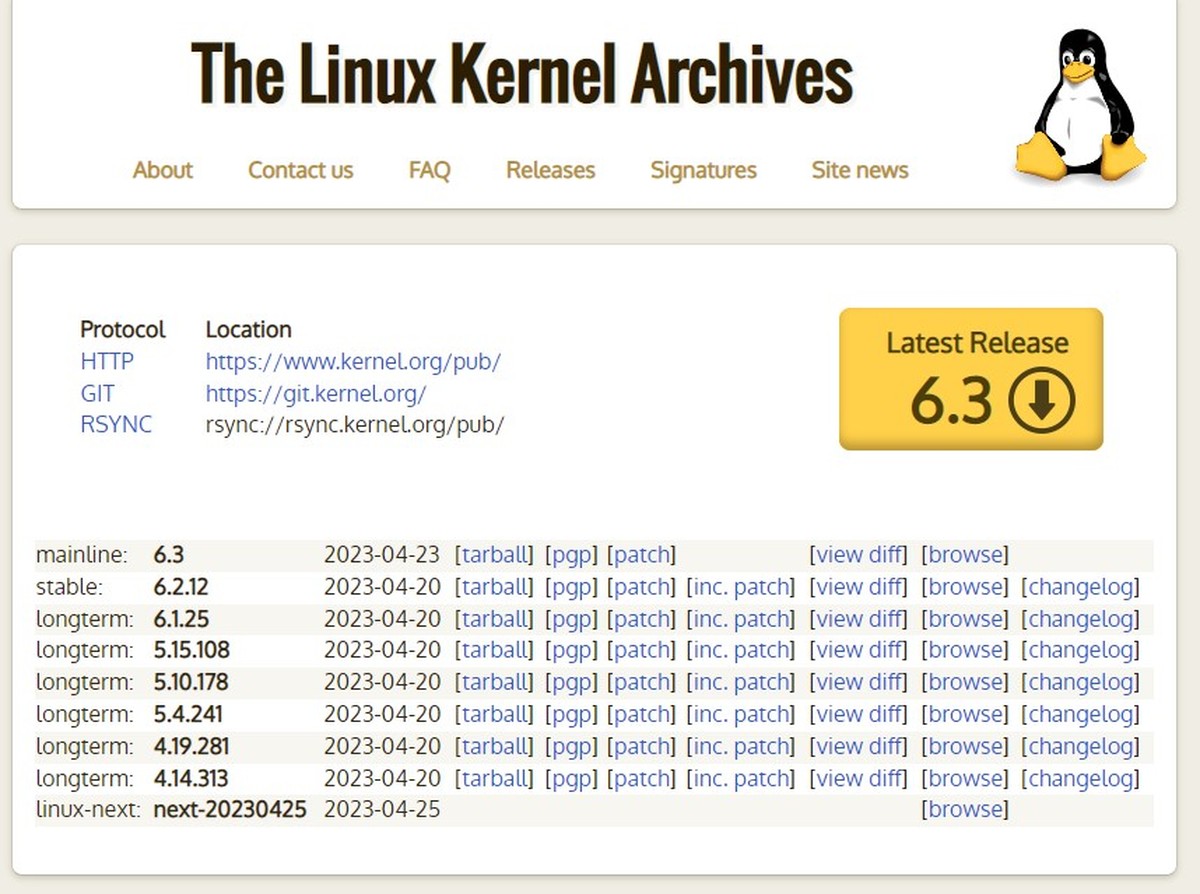Linux 6.3 offers improved security and functionality for users

The latest version of Linux, Linux 6.3, has been released following a "nice, controlled release cycle," according to project boss Linus Torvalds. The release cycle required seven release candidates, which were supported by helpful developer behavior.
However, Torvalds cautioned that "something nasty couldn't have been lurking all these weeks," urging real-world testing to ensure the release is ready for prime-time consumption.
Linux 6.3 new features
Despite not being a long-term support (LTS) release, Linux 6.3 includes some interesting features that will be beneficial for users. One of the most significant is improved support for multi-actuator hard disk drives.
This is becoming increasingly important as more hyperscale cloud operators adopt these drives, which feature a second set of read/write heads that enable faster performance. With Linux 6.3, the kernel is now better equipped to handle these drives, providing users with improved functionality.
Linux 6.3 also includes support for Kernel Address Space Layout Randomization on China's Loongson RISC-V processors. This security feature allows the kernel to load into different areas of memory each time it boots, making it more difficult for attackers to target specific areas.

This is an important step for Loongson, which is working to make RISC-V processors a contender in the enterprise market.
Microsoft contributed to the new release by adding nested hypervisor support for its own Hyper-V hypervisor. This update will benefit users of Microsoft's hypervisor by providing improved functionality.
Intel users will also be pleased to note that Linux 6.3 works well with its forthcoming Meteor Lake silicon. The kernel includes an update that ensures an Intel gigabit NIC can approach its promised throughput. Since 2020, the kernel has unwittingly throttled it to 60% of that speed.
Not sure whether to try Linux or not? Here is how to try Linux Mint!
How to install Linux 6.3?
Those interested in Linux 6.3 can download it from the kernel.org website. However, to use it, users will need to compile it manually. Alternatively, users of rolling-release distributions can expect to receive an update with this kernel soon.
Some fixed-release distributions, such as Pop!_OS, will also make this version available to users through their regular software update channels.
Ubuntu users looking to install Linux 6.3 will need to rely on Canonical's mainline builds. These builds are produced by Ubuntu developers, but come with no guarantees or support. As a result, users should use them at their own risk.
Advertisement















I laugh at Data Breaches. I’m using Zorin OS.
My Wheelchair has a Flat Tire!!
Send Help Now!!
Yay for a Linux article!